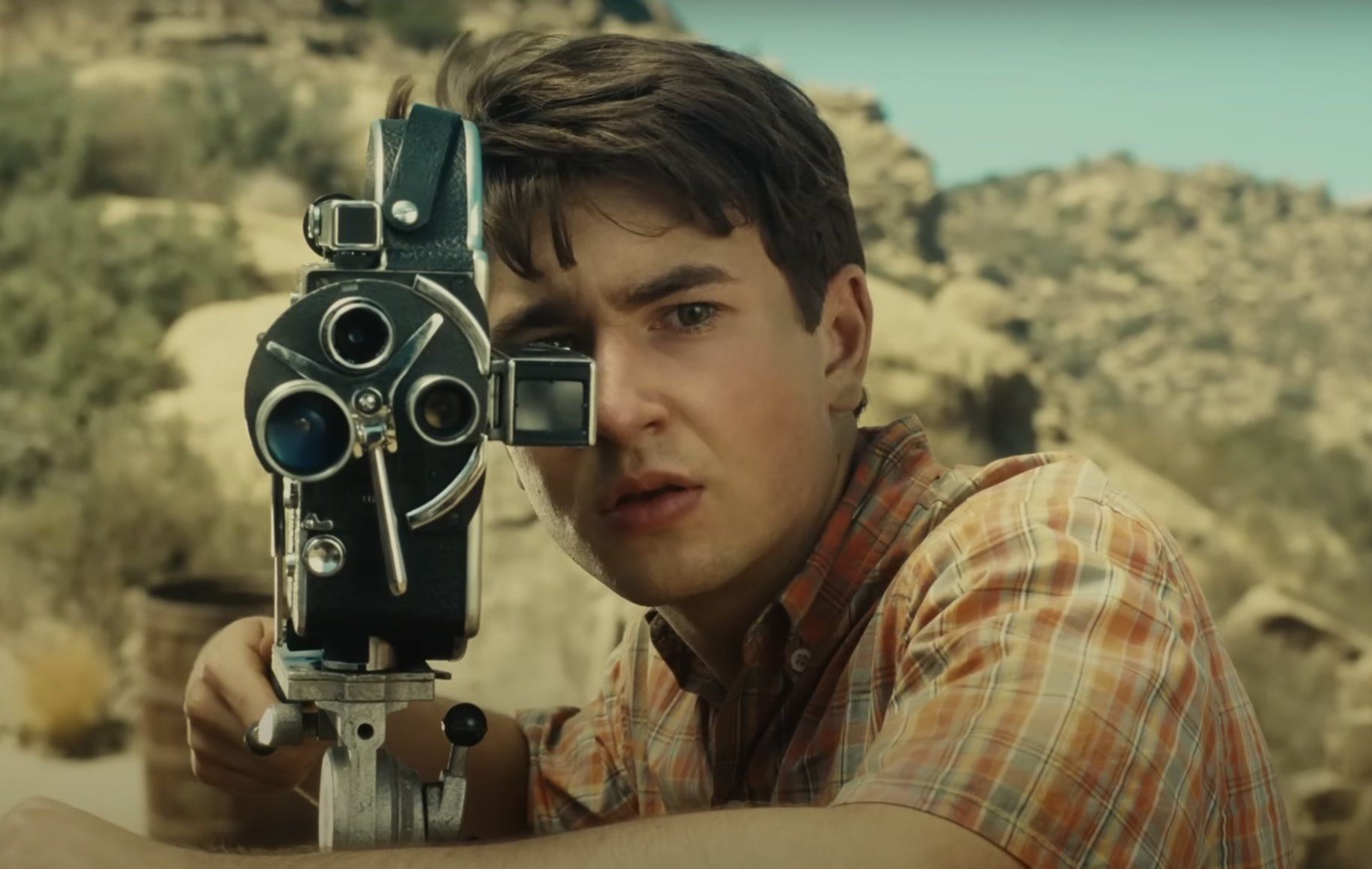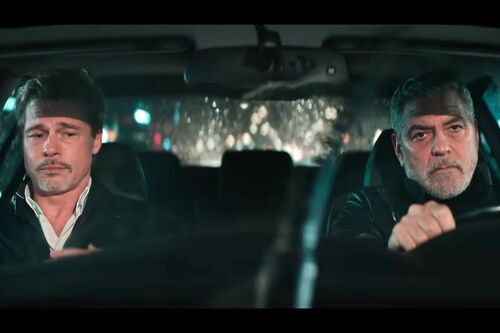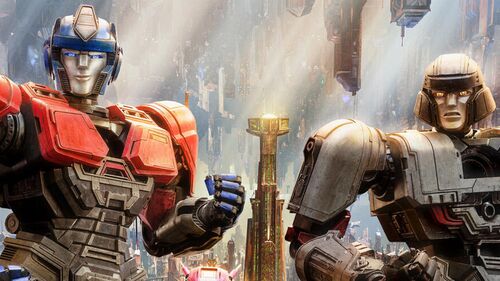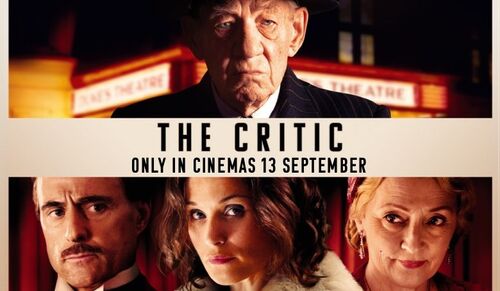
'The Fabelmans' Review
 Steven Spielberg’s “The Fabelmans” is inspired by the iconic director’s childhood and early love of seeing and making movies. It’s a drama filled with conflict, pain, and characters feeling sad and depressed. Ironically, it’s also one of the lightest dramas I’ve ever seen in recent years.
Steven Spielberg’s “The Fabelmans” is inspired by the iconic director’s childhood and early love of seeing and making movies. It’s a drama filled with conflict, pain, and characters feeling sad and depressed. Ironically, it’s also one of the lightest dramas I’ve ever seen in recent years.
Maybe that’s because the film is replete with corny, schmaltzy moments. Maybe it’s because the overwrought John Williams score never syncs with what’s happening on screen. Or, maybe it’s because Spielberg simply couldn’t get out of his own way.
In the opening scene, young Sammy Fabelman goes with his parents to see his first film, 1952’s “The Greatest Show on Earth”. Sammy is enthralled with the moving images on the giant screen. His mother and father (played by Michelle Williams and Paul Dano) are well aware that their son is completely engrossed in the film. Sammy decides he wants to make home movies. Mom Mitzi – the artsy one – loves what he’s doing and is quite encouraging. Dad Burt – an early computer nerd – downplays Sammy’s new passion, considering it a hobby. This conflict is one of MANY that Sammy is forced to deal with throughout his formative years.
There are only a handful of authentic moments throughout the two-and-a-half-hour “Fabelmans” (as the family moves from the Midwest to the Southwest and eventually to California, accumulating more and more problems and dysfunction along the way) where we actually get a glimpse of what got Steven… I mean, Sammy… from there to here.
If you’re expecting the depth, tenacity and genuine power of (not just the classics, but) some of Spielberg’s brilliant recent films, such as “Lincoln”, “Bridge of Spies”, “The Post” and “Ready Player One”, you will be disappointed. If you got inpatient trying to get through Spielberg’s 2016 “The BFG”, that experience was a rollercoaster ride compared to this. Spielberg and co-writer Tony Kushner take their sweet time unraveling the countless storylines. The duo tackles way too much and tries to say too much, with a series of spliced together vignettes that never get below the surface.
The performances from leads Williams, Dano, and Gabriel LaBelle, as the teenage Sammy, are more forced than natural. Judd Hirsch has a showy, but unconvincing extended cameo as a wacky uncle. Seth Rogen, who plays pivotal family friend Benny, does the best work in a very limited role.
One of the main themes of “The Fabelmans” is that film can inspire you AND it can break your heart. In making this movie, Spielberg clearly had a lot of stuff he wanted to get out of his system, demons he needed to exorcise. In interviews going back as far as 1999 he stated that he wasn’t yet ready to make the movie about his youth. While, cathartically, it may have been necessary for him to finally tell this story, I’d argue he wasn’t the right guy for the job.
Spielberg is the quintessential “bring it home” director. He always provides the powerful, tearjerker 3rd act punch. Here, the climactic, high school prom night sequence is a major letdown. If it weren’t for the fact that Spielberg’s such a nice guy (which I can attest to), the final 10-minutes might come-off as even more self-indulgent than they already are.
In my lifetime I’ve seen more films Steven Spielberg directed than those of any other director. “The Fabelmans” is, without question, my least favorite. In the end, maybe he did need someone else to bring this story to the screen — while serving as a producer/consultant.
Much like a bad few hours having to sit through someone else’s home movies, this is the case of a filmmaker being too close to the material, resulting in footage that’s fascinating to them, but completely uninteresting to the rest of us.


